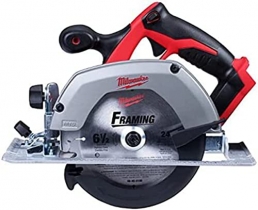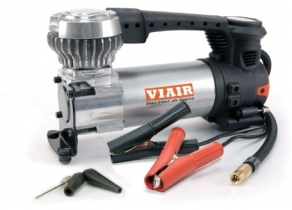-
Welcome to Tacoma World!
You are currently viewing as a guest! To get full-access, you need to register for a FREE account.
As a registered member, you’ll be able to:- Participate in all Tacoma discussion topics
- Communicate privately with other Tacoma owners from around the world
- Post your own photos in our Members Gallery
- Access all special features of the site
Why We Love ABS Wheel Speed Sensor
Discussion in 'General Automotive' started by vincentphilip, Oct 8, 2014.
Page 1 of 2
Page 1 of 2


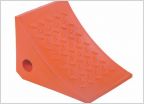 Wrenching on a slight slope
Wrenching on a slight slope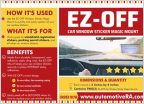 Easiest way to attach a sticker (non permanent)
Easiest way to attach a sticker (non permanent)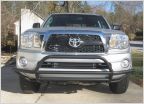 Rigid Lights?
Rigid Lights?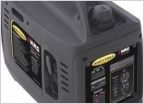 Smittybilt generator 2600 watts
Smittybilt generator 2600 watts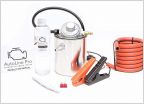 Yoyo
Yoyo